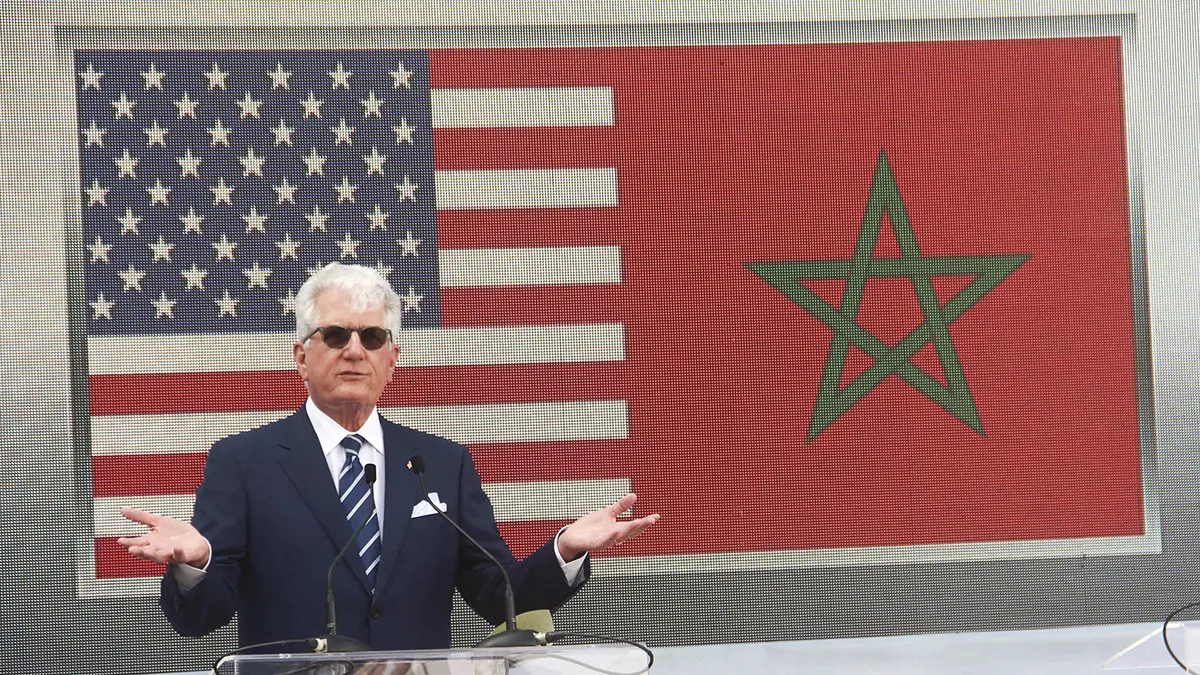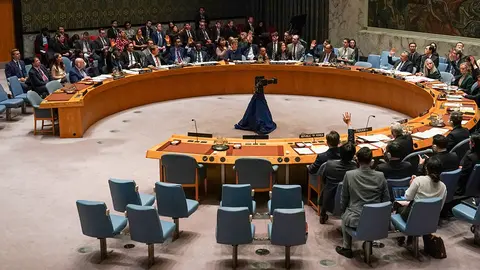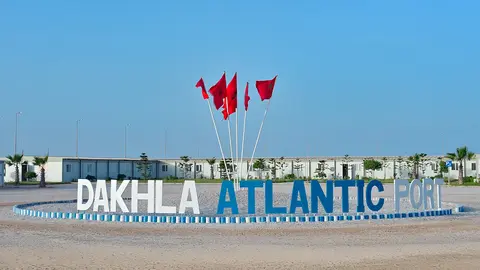Bolton’s Misfire on Western Sahara: Strategy Must Prevail Over Ideology

By criticizing U.S. recognition of Morocco’s sovereignty over the Sahara, Bolton not only distorts facts but also undermines America’s interests in North Africa — a region where Morocco stands as a bulwark of stability and partnership.
Contrary to Bolton’s claim that Washington is “ignoring” Western Sahara, the U.S. has made a deliberate, strategic decision to recognize Moroccan sovereignty since 2020. This policy has been reaffirmed under both Republican and Democratic administrations and aligns with America’s long-standing support for Morocco’s autonomy initiative — described by successive Secretaries of State as the “only serious, credible, and realistic” path to resolving the conflict.
Bolton’s assertion that this policy cedes ground to China and Russia is misleading. In the Moroccan Sahara, Beijing has no diplomatic leverage, and Moscow’s support for Algeria and the Polisario is rhetorical at best. Meanwhile, Morocco remains a key U.S. ally: hosting the African Lion military exercises, cooperating in counterterrorism, and partnering on trade, climate, and regional development.
What Bolton fails to grasp is that the real danger to U.S. interests is not recognition of Morocco’s sovereignty — it is the destabilizing policies of Algeria and its proxy, the Polisario Front. This separatist group does not represent the Sahrawis. The true representatives are the elected officials of Laayoune, Dakhla, Smara, and Boujdour — mayors, MPs, and regional presidents chosen through democratic processes with high voter turnout and international observers.
Bolton’s invocation of “decolonization” is outdated and out of step with the UN framework. The referendum envisioned in the 1990s proved unworkable due to Polisario’s manipulation and Algeria’s obstruction. Since 2007, the UN has pivoted toward “a mutually acceptable political solution.” Morocco’s autonomy plan, which grants broad self-governance under Moroccan sovereignty, remains the only viable proposal on the table — supported by over 85 countries across Africa, Europe, North America, the Arab world, and Latin America.
If the U.S. were to reverse its recognition — as Bolton suggests — it would not only alienate a crucial ally but also signal strategic unreliability to the rest of the world. It would weaken ties with Gulf partners like the UAE and Saudi Arabia, both staunch backers of Morocco’s territorial integrity. It would damage the Abraham Accords, where Morocco plays a vital role. And it would hand a symbolic win to Algeria, Iran’s ally. And Russia’s top arms client in Africa, which has long used the Sahara issue as leverage to undermine Morocco’s leadership in the region.
Bolton also ignores a fundamental truth: the Polisario is not a democratic movement but a militarized separatist group, hosted on Algerian soil, ruling illegally over people who have not voted in over 40 years. The Tindouf camps remain opaque zones where UNHCR is not allowed to conduct a population census. Reports from Human Rights Watch and Amnesty International have exposed violations including suppression of dissent and forced recruitment.
The Sahara conflict is not a fight for freedom — it is a regional power struggle. Algeria seeks to block Morocco’s rise as a continental gateway through initiatives like the Atlantic Corridor, which aims to connect landlocked Sahel states to global markets. Morocco is building roads, ports, and clean energy projects. Algerian and Polisario offers none of this.
It is time to move past tired rhetoric & support what works. U.S. policy should not retreat — it should double down. The Moroccan autonomy plan is aligned with international law, serves regional stability, and promotes American interests. Bolton’s ideological detour does not.



